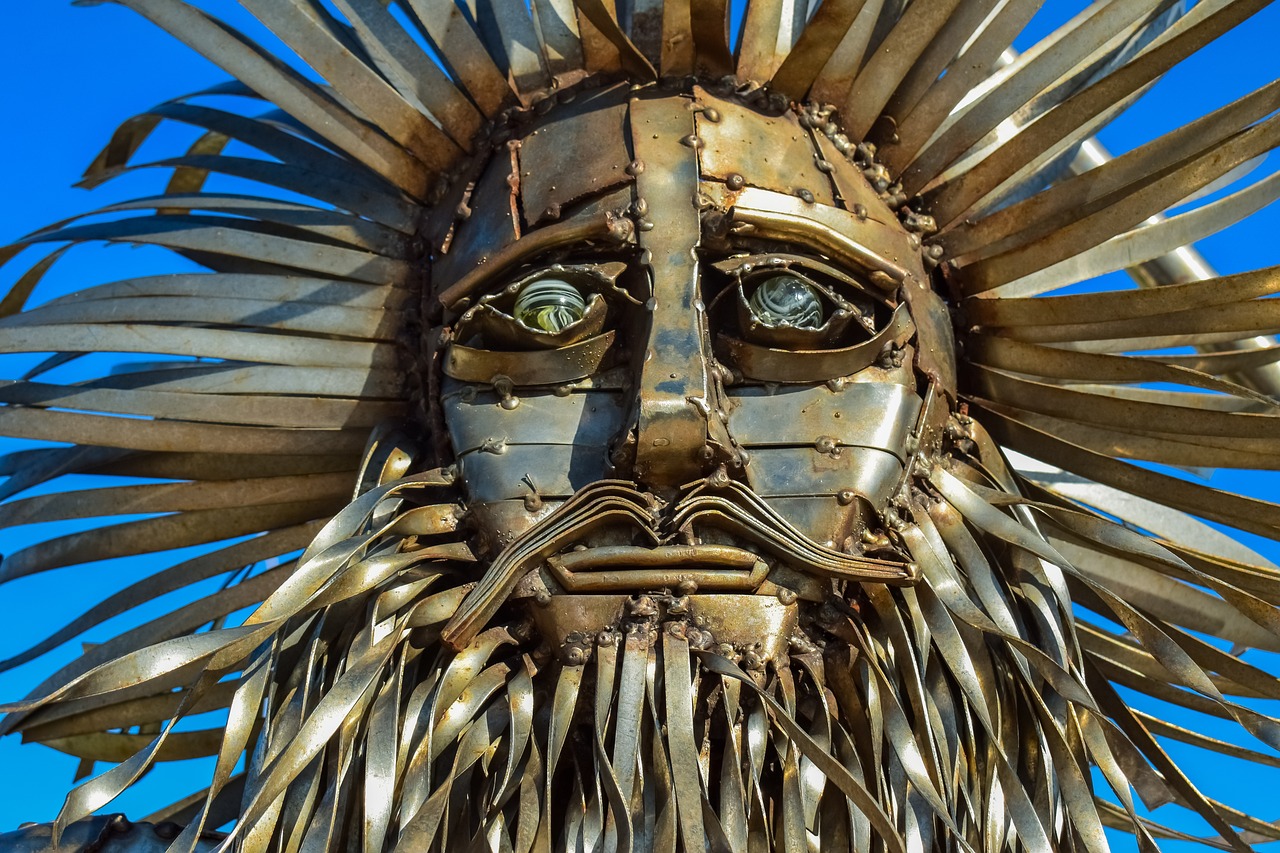Greek mythology is a complex tapestry of stories woven about the gods, heroes, and rituals of the ancient Greeks along with tales from Classical antiquity. While some ancient thinkers like the philosopher Plato acknowledged that these myths contained fictional elements, they were largely accepted as factual by the popular piety of the Greeks. The influence of Greek mythology has been profound, shaping a significant portion of Western art and literature, and continues to inspire creative endeavors across various forms and periods.
Sources of Greek Myths
Homeric Poems: The Iliad and the Odyssey
Among the oldest and most significant sources of Greek mythology are the epic poems attributed to Homer, namely “The Iliad” and “The Odyssey.” They serve as critical narratives that encapsulate heroic deeds and divine influences. The ancient historian Herodotus noted that Homer and his contemporary, Hesiod, were pivotal in providing the Olympian gods with defining characteristics, which were inherently understood by their audience who were familiar with pre-existing myths. Rather than treating these stories as mere entertainment, many ancient Greek authors regarded them as profound and significant, leading to interpretive attempts such as allegorization.
Hesiod’s Contributions: Theogony and Works and Days
Another monumental figure in Greek mythology is Hesiod, famed for his works “Theogony” and “Works and Days.” Hesiod’s “Theogony,” dating around 700 BCE, provides an intricate genealogy of the gods while intertwining folklore and myths that explain their origins. On the other hand, “Works and Days” serves as both a practical guide for farmers and an exploration of themes of justice, suggesting that moral behavior—even if not always rewarded—is essential for navigating a perilous world. While traditionally viewed as distinct, these two works can also be seen as interlinked, together conveying foundational ideas in Greek thought.
Later Literary Contributions
The sphere of Greek mythology also expanded through various other literary sources. Fragmentary epics that followed the Homeric period filled narrative gaps about the Trojan War. Notable among them are the “Homeric Hymns,” which are short poems celebrating different gods. The lyric poet Pindar and the dramatic works of Aeschylus, Sophocles, and Euripides stand out for their rich incorporation of myth and legend, displaying the diversity of traditions preserved through these narratives.
Hellenistic and Roman Contributions
During the Hellenistic period, poets like Callimachus documented lesser-known myths, while mythographers such as Euhemerus proposed that gods were originally humans, thus introducing a new interpretative lens known as Euhemerism. The Roman Empire also saw a resurgence of interest in Greek mythology, with scholars like Strabo and Plutarch providing expansive records and analyses that continued to preserve Greek myths in a Latin context.
Archaeological Insights
Archaeological findings have significantly enhanced the understanding of the myths and rituals that characterized ancient Greece. The work of early archaeologists like Heinrich Schliemann and Sir Arthur Evans unveiled remnants of the Mycenaean and Minoan civilizations, key to understanding the ancient mythological landscape. These discoveries highlighted a rich period from approximately 2200 to 1450 BCE for Minoan culture and 1600 to 1200 BCE for Mycenaean society, followed by a Dark Age. Despite the lack of inscriptive details accompanying the art, the pottery designs from later periods depict significant mythological events, enriching the narrative records from literary sources.
In summary, Greek mythology stands as a monumental legacy, continuing to shape literature and the arts, while simultaneously providing insights into ancient society’s views on divinity, existence, and morality.



